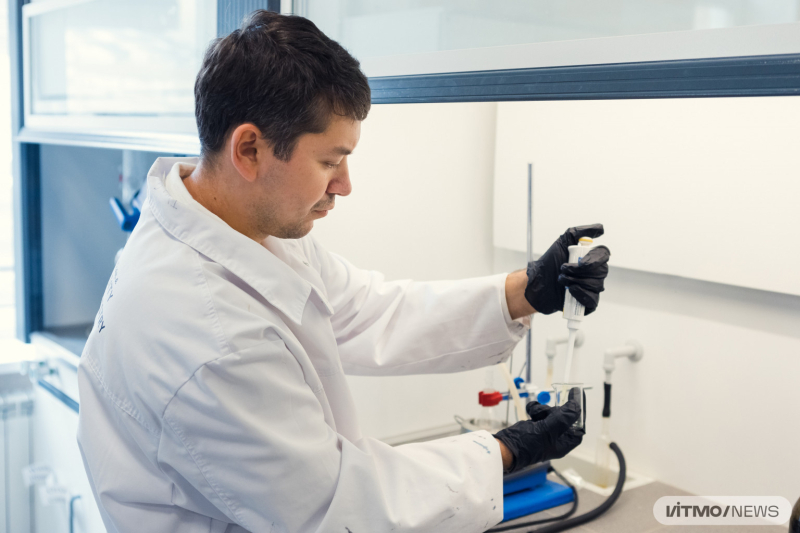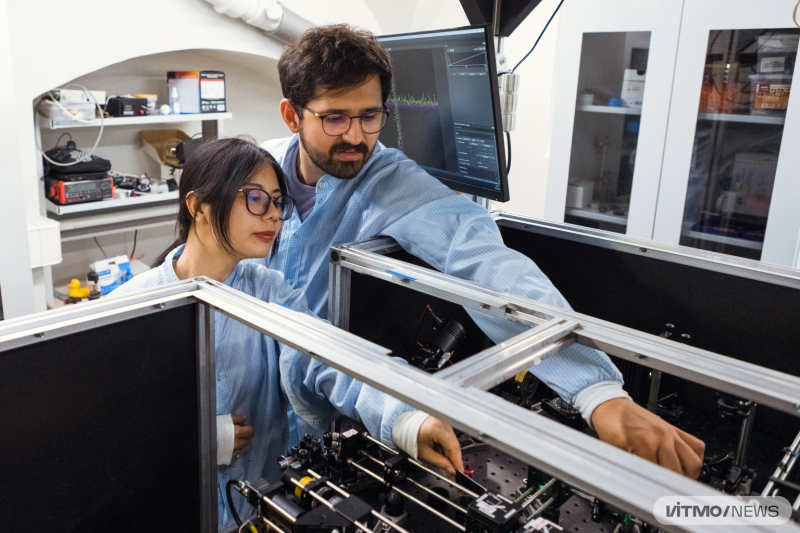Research
Single photons are crucial to the operation of quantum communications devices. But acquiring them is far from the easiest feat, which is all the more reason why scientists are deeply invested in the creation of single-photon emitters. A research team at ITMO University is confident that their latest study can provide the solution. The method they’ve developed is 98% reliable and easy to apply. While their research continues, the results so far provide some much-needed insight into this growing field of study.
Read more: Physicists From ITMO Generate Single Photons For Secure Information Encryption
And in similar news, scientists at ITMO and St. Petersburg Academic University have developed a new nanoscale transistor for optical computers. Wary of the potential “dead end” in terms of the size of such devices, computer scientists are instead turning to new formats – such as replacing electrons with photons. Indeed, the new transistor is promising not only in terms of efficiency, but also in that it requires no power source, relying purely on optical resonance.
Read more: Power Without Electricity: Nanodevice For Optical Computers Developed at ITMO
A new production technique may result in two-dimensional metal-organic frameworks (MOFs) of unprecedented length and thickness. Using nanometers-thick crystal layers, researchers at the Faculty of Physics have devised potentially record-breaking elements suitable for use in industrial gas sensors.
Read more: ITMO Physicists Suggest Method for Mass Production of Metal-Organic Frameworks for Gas Sensors
In possibly the most encouraging news of the past couple weeks, a joint team of ITMO and Arbuzov Institute of Organic and Physical Chemistry have come out with news about new anti-cancer compounds. Cancer cells are, by nature, seemingly “immortal” through their ability to resist the usual cell death process. The newly developed compounds, however, are used to trigger programmable death in these cells.

Researcher Anton Muravev, a co-author of the study. Photo by Dmitry Griroyev / ITMO.NEWS
What’s notable about this latest development, however, is that the new compounds only target malignant cells, leaving healthy ones intact – remedying the usual taxing side effects of chemotherapy.
Read more: Researchers Develop New Selective Anti-Cancer Compounds
Education

Photo by ITMO.NEWS
In exciting news for current and future students of ITMO’s Game Development School, the university has announced a partnership with the developers of the open-source game engine Nau. The engine, which is currently in the beta-testing stage, will be included in the curriculum and even used to develop educational content – ensuring that graduates of both the Bachelor’s and the Master’s programs will become closely familiar with the new tool even before they complete their studies.
Read more: ITMO and Nau Engine Announce Strategic Partnership
Pop-Sci
Try as you might, you can’t escape memes – young or old, they are now an integral part of everyone’s online vocabulary. ITMO.NEWS set out to find out what memes actually are, how they’ve changed science communication, and what potential they hold for increasing public awareness.
Read more: Something of a Scientist Myself: Using Memes to Promote Science?




